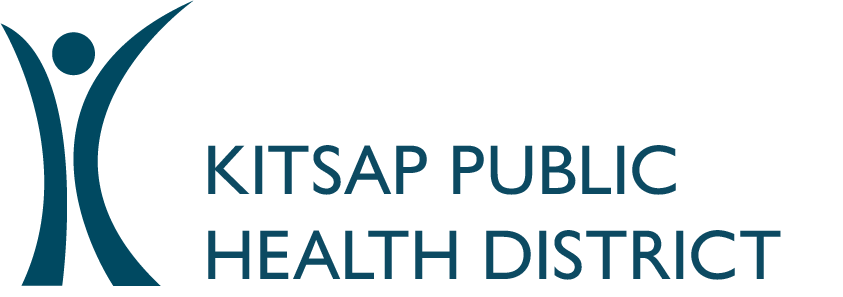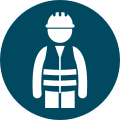
Our vision: A safe and healthy Kitsap County for all.
Extreme Heat
Getting too hot can make you sick. You can become ill from the heat if your body can't properly cool you off. Learn more about signs and symptoms of heat-related illnesses.
Older adults, young children, people with health conditions, people who work or exercise outdoors, and people who do not have access to air conditioning are at higher risk for heat-related illnesses. Take care of yourself and check on loved ones, friends, and neighbors when temperatures heat up.

Click here to view current air quality if graphic does not load.
Checking Air Quality
For current air quality conditions in Kitsap County, go to:
For updates on wildfire activity and smoke forecasts, visit the Washington Smoke Information blog
Health Hazards
For information on how to stay safe and healthy during some of the most likely hazards we see or will likely experience in Kitsap County, check out the links below.
Visit the Kitsap County Department of Emergency Management website to learn more about local disaster preparedness and sign up for alerts. More resources are available at Ready.gov.
Heat and your health
Getting too hot can make you sick. Heat-related illnesses, like heat exhaustion or heat stroke, can happen to anyone and are most likely to affect:
Babies and children
People who are pregnant
Older adults (65 and older)
People who work or exercise outdoors
People with chronic health conditions
Households that do not have air conditioning







.png)
